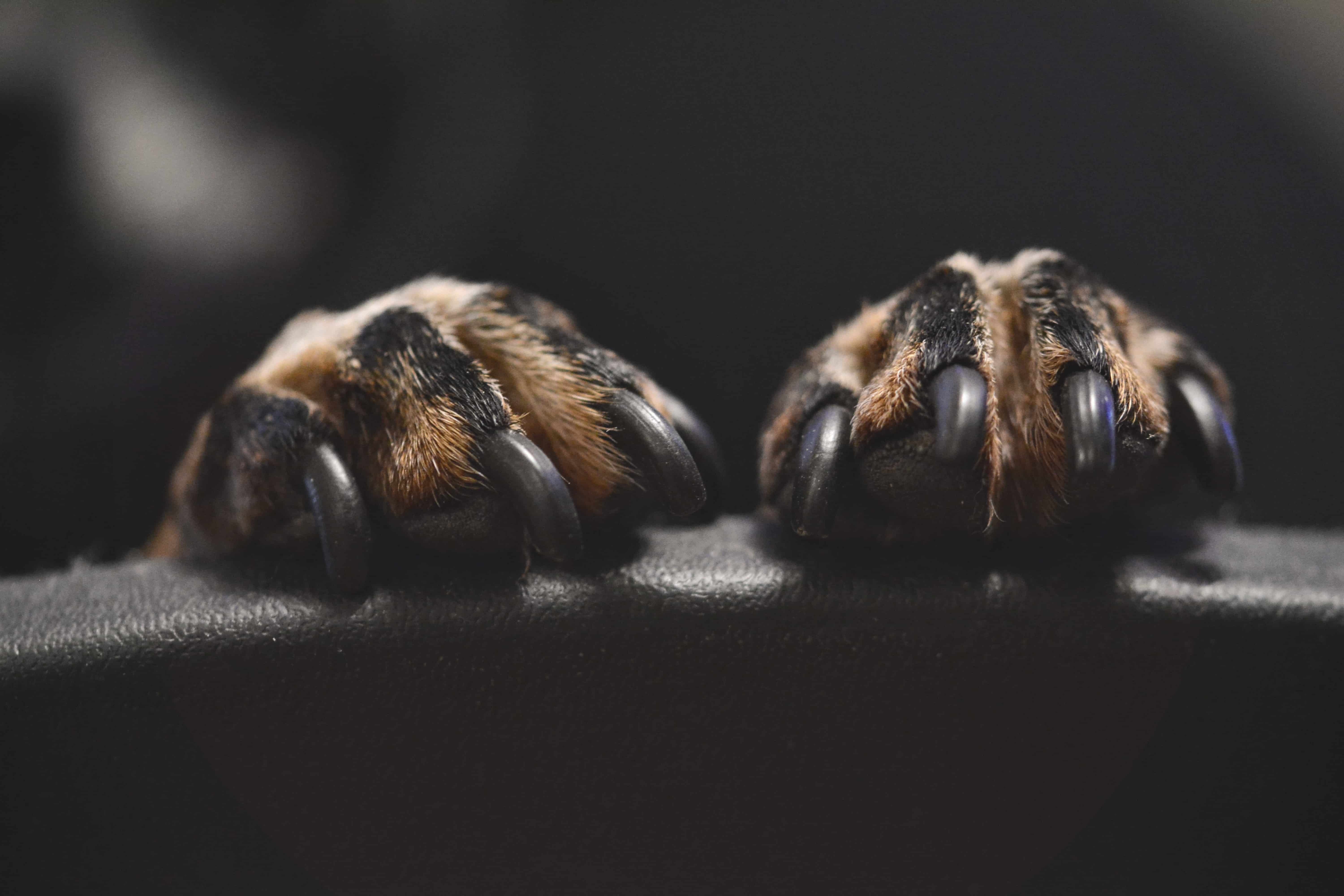


Coping with the diagnosis of cancer in your pet
The "C" word is a word no one wants to hear-cancer. If your veterinarian has delivered this diagnosis for your pet you may be overwhelmed with sadness and have many questions. Pets, like humans, can by afflicted by many types of cancer; each with its own behavior, course of progress, and treatment. In this blog we will begin at the beginning to answer some general questions about this dreadful and often challenging disease.
Why do some breeds get cancer more than others?
Answer: It is documented that some breeds of pedigree dogs are more likely to develop cancer in their lifetime than others. It is in the genes. To site a few, Boxers are at greater risk of a variety of cancers. Great Danes have a higher risk of developing osteosarcoma, whereas German Shepherds are more prone to developing hemangiosarcoma. In the smaller dog breeds Bull dogs are at higher risk for mast cell tumors, and Beagles for mammary tumors. These are just a few examples. On a personal experience note, we see mast cell tumors and lymphoma in practice more commonly than other cancers. Genetic predilection within a certain breed line plays an important part, but oftentimes there are multiple factors involved, including obvious to subtle environment exposures. Ongoing research is expanding ways of early cancer detection, what we refer to as cancer screening. This early detection is through testing the blood, or what is referred to as a "liquid biopsy". The benefit is that it is noninvasive and can be very useful, especially in asymptomatic or early symptomatic dogs with certain cancer predilections; however the test should be done routinely, such as yearly or more often.
How long can my pet live with cancer?
Answer: Many cancers are staged or have different presentations. Take for example lymphoma. Depending on the location and what type of cells the pathologist sees on biopsy, the length of survival can be anywhere from days to several years.
What steps do I take now that I know my pet has cancer?
Answer: The best advice is to work closely with your veterinarian and a board-certified oncologist. There are also holistic approaches to be incorporated as part the the comprehensive care.
One last piece of advice. Surround yourself with a support network of family, friends, and support groups online or in-person. This is for you. Coping with cancer in your pet is a journey you should not travel alone.
At DR 4 PETS we care that your pets have a healthy life, and we want to empower you with knowledge to achieve that goal. However, when your pet's health is severely compromised beyond the intervention of medicine, we are here to help. We perform compassionate and dignified in-home pet euthanasia and service Thousand Oaks, Simi Valley, Moorpark, Camarillo, Ventura, Agoura, and surrounding areas. Give us a call at : (805) 494-3339.